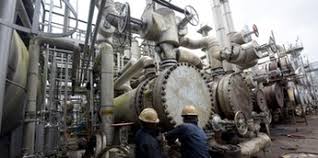October saw an increase in inflation in Nigeria for the tenth consecutive month, putting more pressure on the newly appointed governor of the central bank to hike interest rates during the first meeting of the Monetary Policy Council.
According to figures from the National Bureau of Statistics, consumer inflation reached its highest level in roughly 18 years in October, rising from 26.72% in September to 27.33% year over year in October.
September saw the appointment of Olayemi Cardoso as governor of Nigeria’s central bank following Godwin Emefiele’s suspension earlier in the year.
Cardoso promised to withdraw the bank from Emefiele’s highly condemned fiscal measures, which weakened the central bank’s capacity to control inflation. As an alternative, Cardoso stated that the central bank will play a “more limited advisory role” in aiding the government’s goals for economic growth.
According to the statistics agency, price increases for food and non-alcoholic drinks were the main cause of October’s inflation in terms of yearly growth.
The majority of Nigeria’s inflation was attributed to food inflation, which increased from 30.64% in September to 31.52% in October.
Since 2016, the largest economy and most populated country in Africa has experienced double-digit inflation, which is eating away at earnings and savings.
“It has been nearly four months since the central bank held its last policy meeting in July, which left much to be desired,” noted David Omojomolo, an Africa economist at Capital Economics, a research firm.
“The central bank will need to act with aggressive hikes to maintain its credibility and bring down inflation,” he stated.
The central bank chose a less aggressive 25 basis point raise during the July monetary policy meeting, stating that a mild increase was preferred to stabilize inflation expectations while sustaining investment.
Labor unions have put pressure on President Bola Tinubu, who has implemented some of the most audacious reforms in Nigeria’s history because some of these measures have increased pricing pressure.




















